Spotlight on the life of a Well Intervention Engineer
This article focuses on the career of a Tech Professional for Production Solutions who is working as a Well Intervention Engineer. Kingsley James has a master’s degree in electrical and electronics engineering and now works for Halliburton. Kingsley is based in Nigeria.
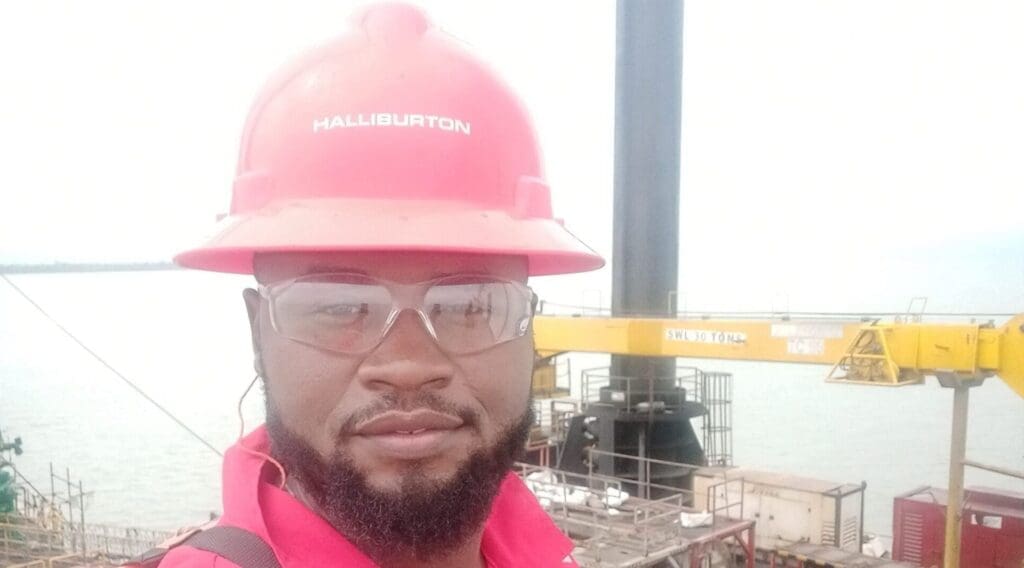

Day in the life of a Well Intervention Engineer
Background
Were you interested in science and engineering when you were a child?
I had a special interest in sciences as a child, but drawing was my hobby.
Did you like understanding how things worked?
Aside from playing with my toys, I always asked adults and older people to explain how the toys worked.
Was there anyone in your family or at school who guided you towards engineering?
My natural affinity to sciences made me go into engineering.
Why did you decide to study electrical and electronic engineering?
Physics was my best subject in secondary school. In particular I enjoyed Electricity as a subject in secondary school and I loved the practical classes.
Inspiration
Who do you consider are great engineers from the past?
The ones I consider as great engineers in the past are those who laid the foundation for engineering. The likes of Albert Einstein, Gustav Kirchhoff, Thomas Edison etc.
Who do you consider are great engineers now?
The ones I consider as great engineers now are those who are constantly improving on existing inventions. Recall what the first-generation computers were in terms of speed and size, including storage size, but compare it with what we have now. So, the ones I consider as great engineers are the ones that ensure continuous improvement.
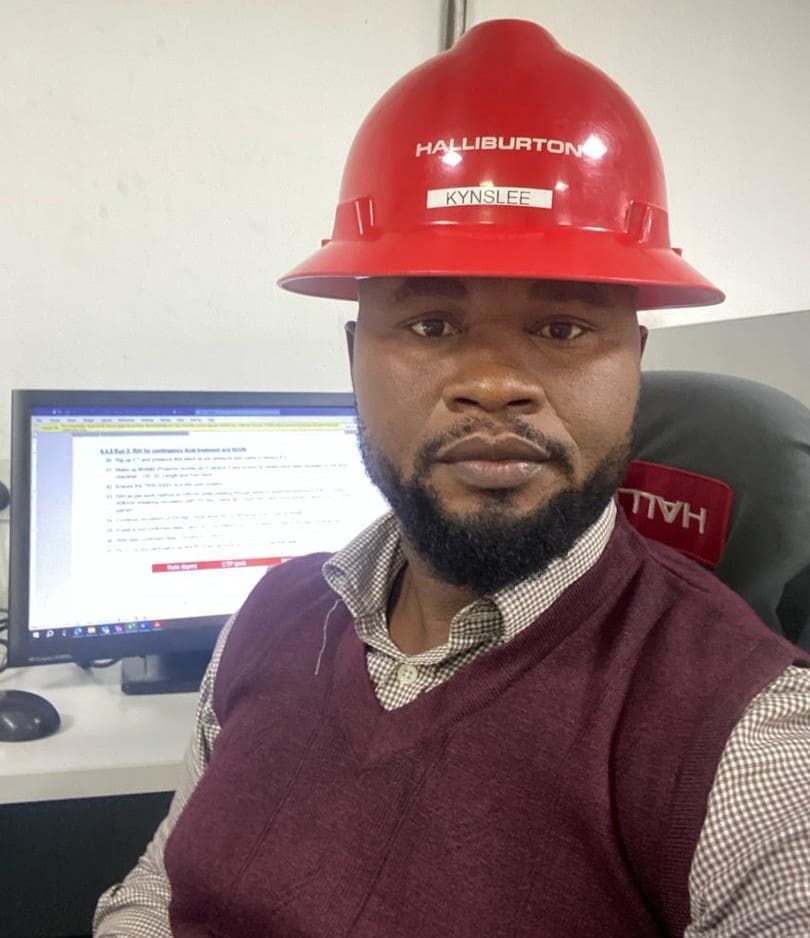

Working and studying
You worked as well as studying while you completed your bachelor’s and then master’s degree. How did you manage to balance your time?
For me, where there is a will, there is always a way.
If something is truly important to you, you will find time for it. Life is all about sacrifices. So, I traded in some of my rest time to get more education. At some point, I had to take weekend classes just to achieve my goals.
What advice would you give to someone starting at university who is also working?
It’s simple, no one wants to be working and studying except when it is a necessity. So, if you find yourself in this situation, you have to do your best at both. It’s not an easy situation and you do not want to make it linger, so you have to ensure you put in your very best and get it right the first time.
Well Intervention Engineer
Can you explain exactly what the role of a Well Intervention Engineer includes?
A Well intervention Engineer’s core responsibility is basically enhanced oil/gas recovery. In other words, to restore production on wells that are not delivering optimally.
It includes understanding the cause of the poor production and how to make it improve. Some examples include:
shutting off watered out zones,
providing some form of sand control mechanism (chemical or mechanical),
acid stimulation,
wellbore clean out,
recovering lost tools/components in the tubing (fishing),
milling obstructions in the production tubing etc.
This ranges from design, mobilisation, execution, and demobilisation.
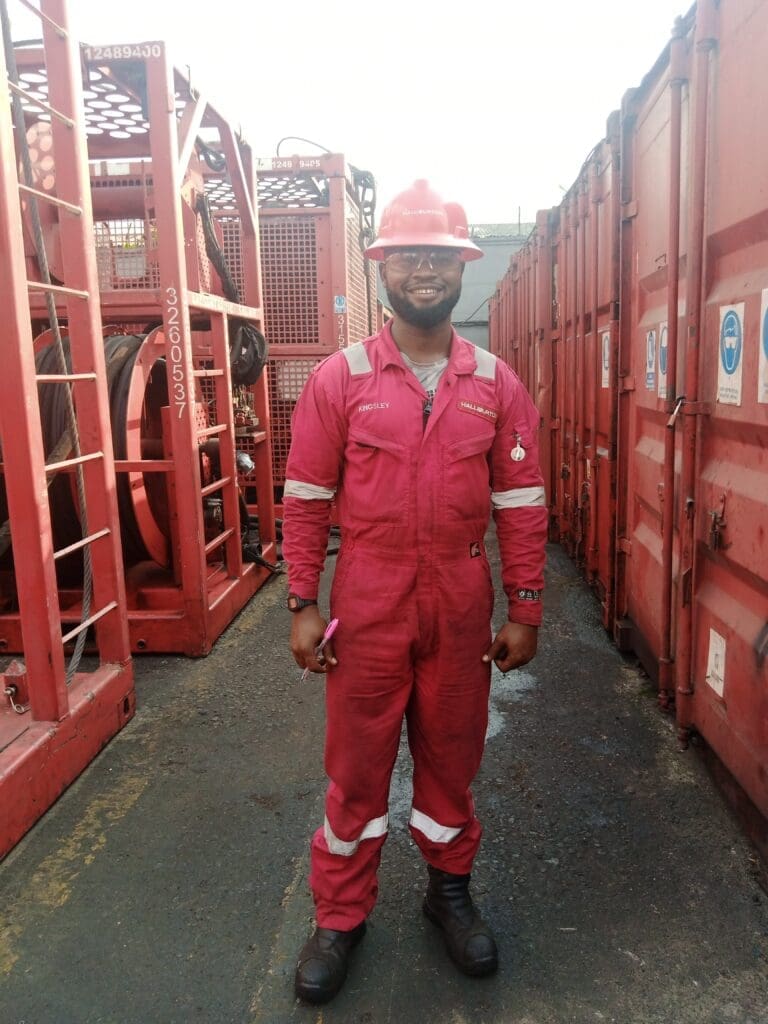

Typical week as a Well Intervention Engineer
When preparing to work offshore, first you must ensure that you are psychologically, mentally, physically, and emotionally ready.
The job forbids distraction, so you must make sure to get rid of any form of distractions to avoid accidents and incidents. You have to make sure you mobilise fit for purpose equipment and have critical spares available. You have to ensure all you need for the job both the equipment and your PPE will work as expected.
What’s your typical week like? (when away working offshore as a Well Intervention Engineer)
Every day is a workday offshore, even public holidays. So, when you are at work, the only thing on your mind should be how to work safely, deliver successfully and go back home to your loved ones without any injury. Safety is the watch word.
How do the working hours differ between on and offshore?
Most offshore locations are usually 24hrs jobs, but of course, you can only work one shift(12hrs). But on shore location could sometimes be just a single crew/shift.
How important is physical fitness at work for you?
Physical fitness is everything.
Most things require manual handling, so if you are not physically fit, you might struggle getting things done. Also, in some cases we work in extreme weather.
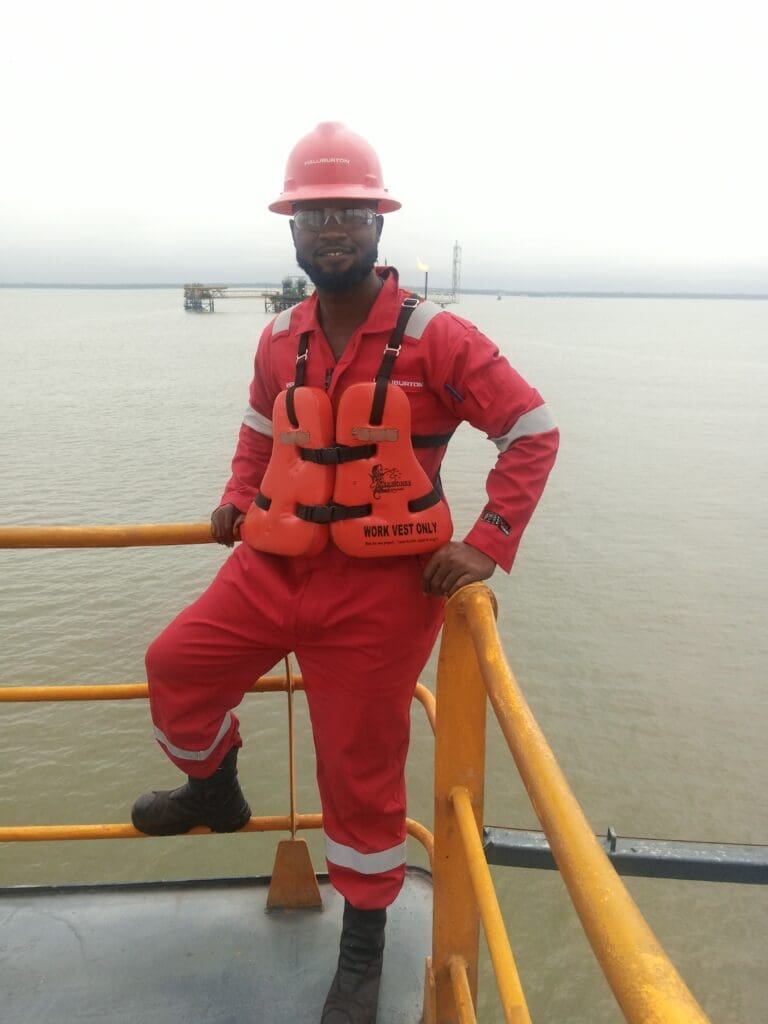

What’s your typical week like? (when preparing to work offshore as a Well Intervention Engineer)
Most challenging part of the job as a Well Intervention Engineer
What do you find most challenging when you are working – technical side or people?
Well, it’s difficult to separate both, but for me, I think people are the challenging part of the job. Complacency and lack of competence has led to serious accidents on site. Technically, you can put up a solution, but you still need people to make it work. Even if it will be delivered by a machine, those machines are maintained by people. So, getting the right people is the challenging part of the job.
What advice would you give to other engineers working offshore about dealing with a difficult colleague?
Discuss the job and let them know the implications of their action and inactions. Make them feel important so that they can give of their best. Show them the big picture and why everyone must come together and work as a team.
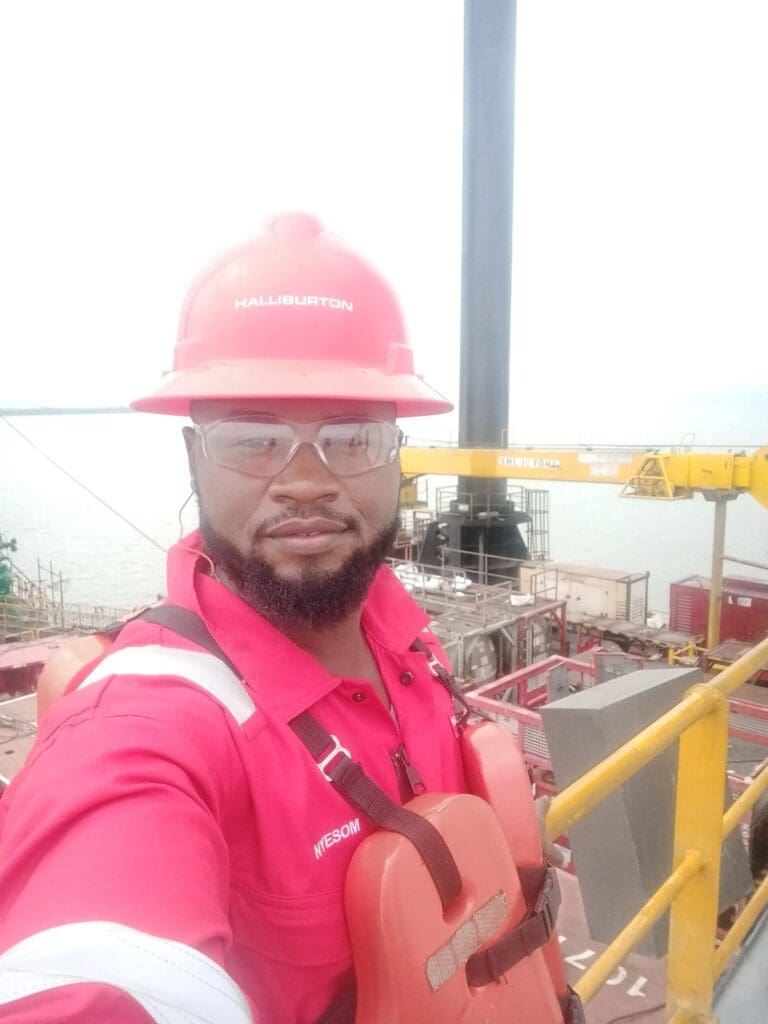

What has been your most challenging job so far?
My most challenging job so far was when we had a leaking injector gripper cylinder up on a Wellhead. We had to make up scaffolding high enough, about 30ft high, to go and replace the gripper cylinder.
Is your role ever uncomfortable because of heat, cramped spaces, bad lighting etc? How do you cope with this?
Well, all these factors are part of the job. So, we consider them in our planning and ensure we have appropriate mitigations in place.
Future
What are you plans and aspirations for the future? Do you want to stay in the oil and gas industry?
I want to stay in the oil and gas industry. However, at some point, I will have to limit my operations to office support and not going to the field again. The reason is that the offshore environment is better for younger engineers.
How do you think the oil and gas industry in Nigeria will change over the next ten years?
Over the next 10 years, one thing is certain, we will have plenty of indigenous companies taking up bigger projects. The guys are learning and catching up so fast. I see the industry dominated by locals in the next 10 years.
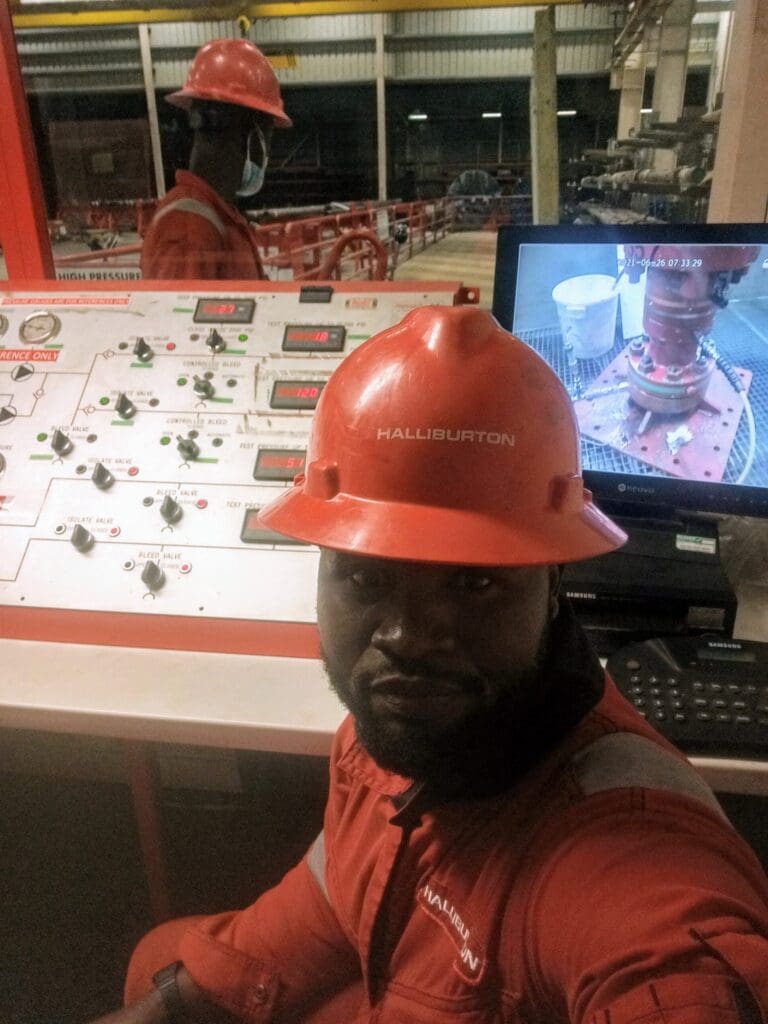

Further reading about field engineering and oil and gas
Spotlight on being a woman working on oil wells
Spotlight on a life in Real-Time Operations, Oil and Gas
Life as an Electro-Technical Officer on a Self-propelled Jack-up vessel


Interesting and inspirational
That is awesome. Great work behind the scenes!
I particularly like the part you said if there is a will, there will be a way. That’s the resilience for me. Thank you James and thank you The Field Engineer for this feed.